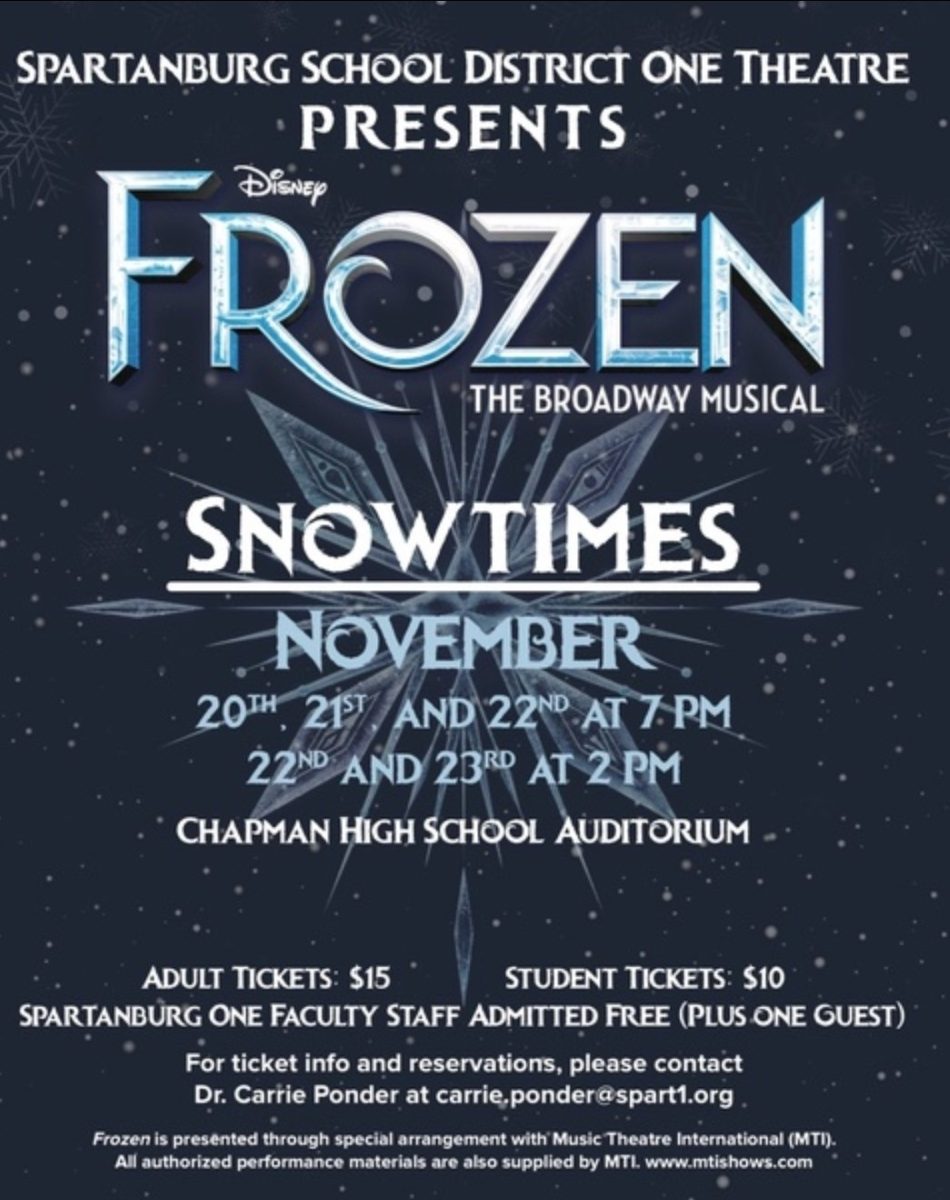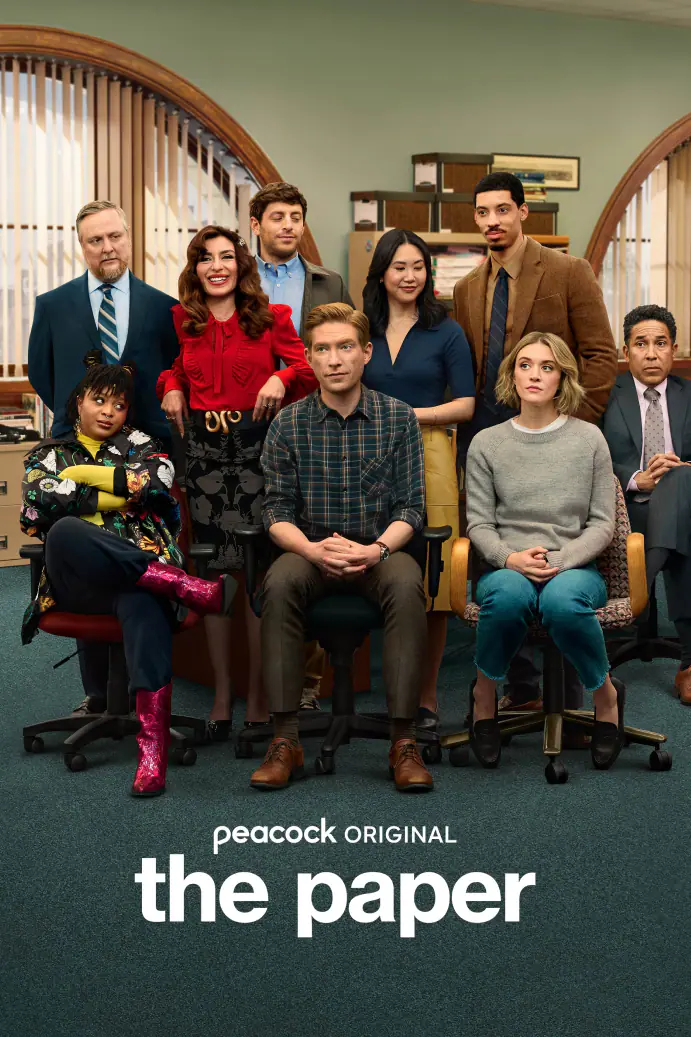A new installment to “The Hunger Games” series has recently been released. This one, titled “Sunrise on the Reaping,” focuses on Haymitch Abernathy’s Hunger Games.
Haymitch’s perspective is, predictably, very tragic. Suzanne Collins, the author, knows exactly how to sow the feeling of dread throughout.
For those out of the know, the Hunger Games (the actual games themselves and not the franchise) are death games that occur every year in-universe. Every 25 years, there’s a special addendum to the pool of children who are forced to go. Haymitch Abernathy was taken into the 50th games, and they have double the amount of competitors, at 48.
This particular Hunger Games was summarized in the original series, specifically in the second book, “Catching Fire.” However, what the main characters saw was what the evil Capitol wanted them to see, so the book is a fresh experience.
Seeing Haymitch as a teenager, before the Capitol ruined his life, is very intriguing. Seeing how he grew up and what occurred gives an explanation for some of his actions in the main series, as well as making some things he does (such as raising geese at the end of “Mockingjay”) much sadder.
The book itself is very well written. Collins has an excellent word bank she pulls from, and I found myself hanging on to every word. Very few books can make me truly cry like this one did.
Her use of symbolism is very strong and refreshing. A lot of books of the same or similar genres tend to get tropey and bland, but despite having written four of these books so far, each one feels new and different enough yet still “Hunger Games.”
The change in character voice is very clear from Katniss to Haymitch. Something some authors struggle with is characters having a distinct voice, but Collins nailed Haymitch’s words without taking me out of the story.
Another final thing: the book is laced with poetry. Following “The Ballad of Songbirds and Snakes,” a group of musicians called the Covey are very prominent. They deal heavily with poetry, and Haymitch is affiliated with them, so he weaves poetry into his monologues. It works very well.
If you’re a “Hunger Games” enjoyer, I implore you to read Haymitch’s story in “Sunrise on the Reaping.” It’s a good read.




